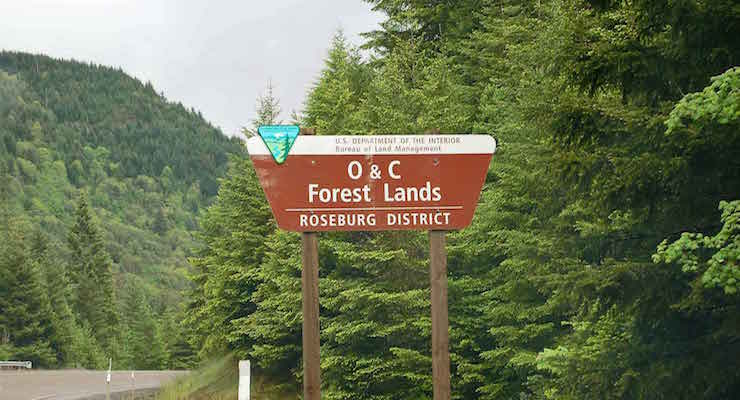
In Olde England, hunting was the privilege of the landed and the rich. The right to hunt depended on the number of acres owned or one’s income.
This inequity led English jurist William Blackstone to complain in the late 18th century that “50 times as much property (is required) to enable a man to kill a partridge as to vote for a knight of the shire.”
English colonists settling America wanted no part of the old country’s class-based rules. Anyone could hunt or fish in America.
But that is slowly changing, as the rich and politically connected employ new tactics to close off opportunities for hunting and fishing to the common folk. The most intense conflicts between the wealthy and locals are taking place in the American West — where there’s room for everyone, or so we thought.
First, a plea to non-hunting environmentalists to join sportsmen in the battle to preserve access to wildlife. Ordinary hunters seeking sport or food were not to blame for the near loss of the bison and the extinction of such species as the passenger pigeon, heath hen and Labrador duck.
The villains were commercial hunters who slaughtered wildlife for profit, shipping millions of hides, feathers and racks of game meat to American and foreign markets. Hunters started the American conservation movement over a century ago to stop the destruction.
Today, the biggest threat to wildlife is loss of habitat, a concern for all environmentalists. Another issue, the movement to privatize public lands, should also link hunters and vegan hikers in common cause.
Back to the politics.
In Montana, public access to the state’s wildlife now dominates the governor’s race. On one side, incumbent Democratic Gov. Steve Bullock is fighting private efforts to close off hunting and fishing grounds that Montanans have enjoyed for generations.
On the other, Republican Greg Gianforte is seeking to empower big landowners (like himself) to limit such access. In 2009, he sued the state to remove a public easement that gave anglers, walkers and others access to the East Gallatin River via his property. He accused the Montana Department of Fish, Wildlife and Parks of using “extortion” to keep that river path open.
Through much of the rural West, wealthy out-of-state buyers are amassing huge tracts of land to create their personal duchies. (Gianforte is a multimillionaire from New Jersey.) They often break with the neighborly ways of an older West where landowners didn’t fret much over locals’ crossing their property.
The North American Wildlife Conservation Model is clearly under threat. Formulated by a group of wildlife biologists about 20 years ago, it regulates hunting, protects habitat and defends the right of every citizen to hunt and fish.
Colorful misfits like rancher Cliven Bundy make headlines for occupying federal land, but of more concern are serious proposals to turn land owned by all Americans over to state politicians and allied moneyed interests. Calling this a “land grab” is not an exaggeration.
The 2016 Republican Party platform officially calls for handing federal lands to the states. That’s after Utah passed a bill in 2012 demanding that more than 20 million acres of federal land be transferred to state officials. Eleven Western states have considered 37 similar bills. Six of them got through.
Happily, there has been pushback. Lawmakers in Wyoming and Oregon turned thumbs down to the awful (and radical) idea. Colorado and New Mexico actually passed bills affirming support for national forests, parks and wildlife refuges.
The battles over public lands and access to wildlife will rage on — among mining companies, Native Americans, sportsmen and their fellow environmentalists. We must not let money determine the outcome.






